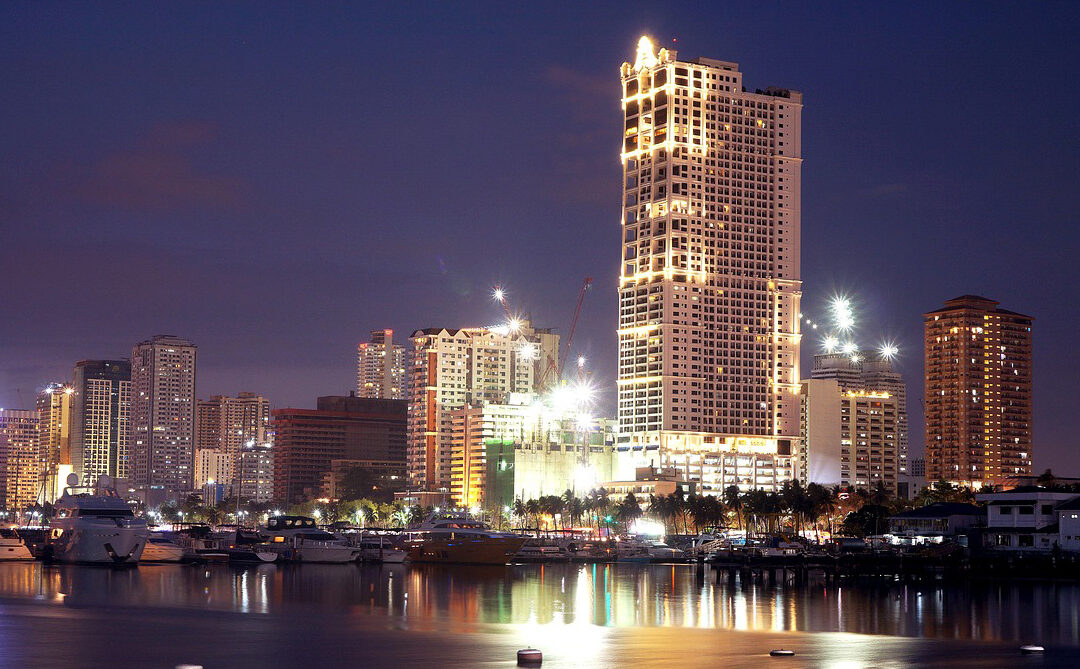Having your own home is one of the many burgis life goals. Homeownership is a journey and it starts out by buying one. But these days, can you even afford having one? Let’s see how much you have to earn to start being a homeowner.
How Much Does a Home Cost?
Before we can determine how much you need to earn to be able to afford a home, let’s take a look at how much domiciles cost these days. For the middle class living in urban areas, we have choices between living in condominium or condo units and house and lots.
The cost of condo units and house and lot units in the Philippines varies depending on the location, size, and amenities of the property.
Condominium Unit Prices
In general, condo units in Metro Manila are more expensive than those in other parts of the country. The average price for a studio condo unit in Metro Manila is around 3 million pesos, while a 2-bedroom unit can cost up to PHP 10 million.
Outside of Metro Manila, condo units and house and lot units are more affordable. The average price for a studio condo unit in Cebu City is around PHP 2 million, while a 2-bedroom unit can cost up to PHP 6 million.
Most condo units are situated in very accessible locations, making them ideal for those working in the city. Many are found in business districts or near business districts, allowing you to take shorter commutes to work or even just walk to your office.
Condo developments offer mixed options depending on your capacity. Smaller units are located at lower floors while those in upper floors towards the penthouse are often the swankier and more expensive units.

House and Lot Prices
House and lot units are also more expensive in Metro Manila. Lots alone can set your back PHP 5 million for a 200-square-meter lot in a gated community or subdivision. In Cebu, you may be able to get a similarly-sized lot for about PHP 3 million pesos.
Then there’s the cost of construction. The costs of materials and labor these days. Building a house can range from PHP 25,000 to P50,000 per square meter. Building a two-story structure on a 200-square-meter lot with average level of finish can cost around PHP 9 million on the lower end these days.
Buying a finished or prebuilt houses are also options, but they’re often more expensive than supervising building it yourself. A newly built house with the same lot size and similar structure in a gated community in the metro and nearby areas can already cost PHP 15 million to 22 million.
What Factors Determine the Costs of a Condo Unit or House and Lot?
Here are some factors that affect the cost of a condo unit or house and lot unit in the Philippines:
- Location – The cost of a property is typically higher in urban areas than in rural areas.
- Size – The larger the property, the more it will cost.
- Amenities – Properties with more amenities, such as swimming pools, gyms, and security guards, will be more expensive.
- Developer – Some developers have a better reputation than others, and their properties tend to be more expensive.
- Age – Newer properties are typically more expensive than older properties.
- Community/Homeowners Association – Some HOAs require construction fees and bonds to be paid before construction can commence.
It is important to do your research before buying a condo unit or house and lot unit in the Philippines. You should compare prices from different developers and get a good understanding of the market before making a decision.

Taking a Home Loan or Mortgage
Now that we have a sense of how much homes cost, let’s see how you can afford one. If you happen to have cold hard cash to pay for it, then by all means. If that’s the case, you’d have to reconsider your burgis status. You’re likely alta as alta gets if you have millions to spend upfront.
How Much is a Home Loan or Mortgage
But if you’re a typical burgis, you’d probably have to resort to availing of a home loan to buy your home. Most home loan deals from banks would require you to have 20% equity in your home for you to qualify. Interest rates would often be based on how long your loan term is. Most variable rate loan packages start at around 7.5% per year but this can balloon when the “promotional rate period” (often within after five years) ends.
Conventional financial advice will tell you that you mortgage payments should not spend more than 28% of your gross monthly income. However, this is just a general rule and your individual situation may be unique.
For example, if you have other debt, such as personal loans, car loans, or credit card debt, you may want to keep your mortgage payment to a lower percentage of your income. You should also consider your other living expenses, such food, utilities, and education.
Be aware that there are other costs associated to taking out loans like documentation, processing,
It is important to sit down and create a budget to see how much you can afford to spend on a mortgage. You should also talk to a lender to get pre-approved for a mortgage. This will give you an idea of how much you can borrow and what your monthly payments will be.

How to Compute If You Can Afford a Home Loan or Mortgage
Say you’re looking at a home that costs PHP 8 million. We can get:
- 20% equity – PHP 1.6 million
- 20 year term at 8.625% rate – PHP 52,545.05/month
- Mortgage redemption insurance – PHP 1,500/month
If we go by the 28% rule, we can compute for your needed gross monthly to afford it:
- 0.28 x PHP54,045.05 = PHP 193,018.04.
You can also try out Pag-Ibig’s affordability calculator which pegs insurance at just PHP 1,350 a month. It doesn’t say if it assumes gross or net monthly income. Putting in the same figures, it says that you only need 150,127.72 monthly income. It either assumes that you can afford to allocate about 36% of your gross. Assuming net income, the resulting figure takes us close to the 28% rule.
So yeah. Wanting an PHP 8 million home would require you to earn nearly PHP 200K a month and PHP 1.6 million available upfront. That’s even way more than the reported salary you need to be happy here in the Philippines. You can also stretch the terms to 30 years to get lower monthly payments, thus requiring a lower monthly income.
Probably why not too many burgis millennials are jumping on the homeownership bandwagon.
Tips to Finding Out If You Can Afford the Loan
Here are some tips for determining how much you can afford to spend on a mortgage:
- Create a budget and track your expenses for a few months. This will help you get a better idea of how much money you have coming in and going out each month.
- Get pre-approved for a mortgage. This will give you an idea of how much you can borrow and what your monthly payments will be.
- Consider your other debts. If you have a lot of other debt, you may want to keep your mortgage payment to a lower percentage of your income.
- Think about your lifestyle. If you like to travel or eat out a lot, you may want to keep your mortgage payment to a lower percentage of your income so you have money left over for other expenses.
It is important to remember that buying a home is a big decision. You should make sure you can afford the monthly payments before committing to the process.
A Dream Too Big?
If you simply go by the numbers, homeownership does seem to be quite daunting. Just seeing how much you need to be earning to afford what would essentially amount to a meager two-bedroom condo or a two-bedroom townhouse, can make you consider just renting from hereon out.
This is probably why we always feel we lucked out getting a house built nearly a decade ago when the economy was strong and construction costs were generally more affordable.
Anyway, we’re not saying it’s impossible. But you could do well having more realistic expectations and be smarter when it comes to money. This way you can truly evaluate your capacity to afford a house and plan how you can actually buy one.

